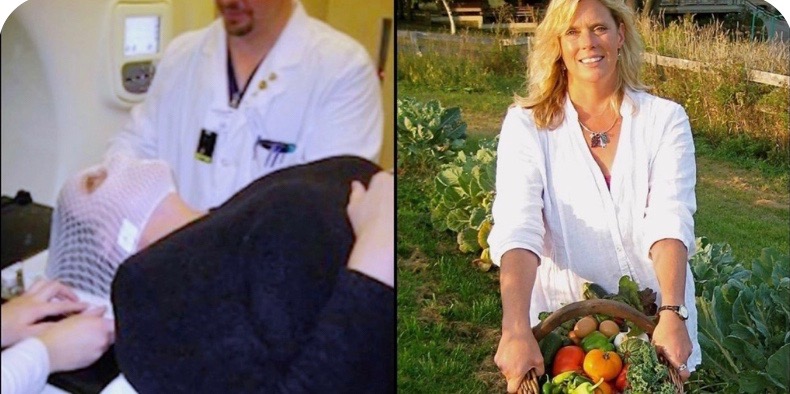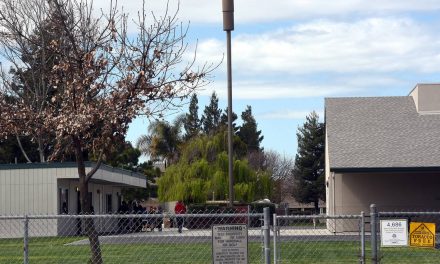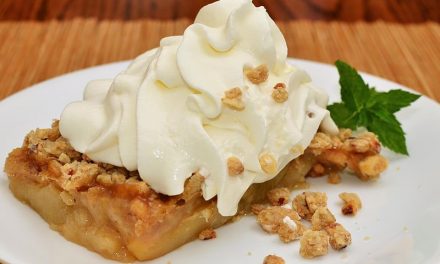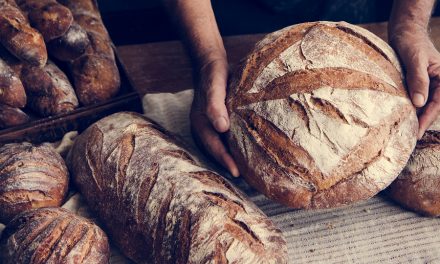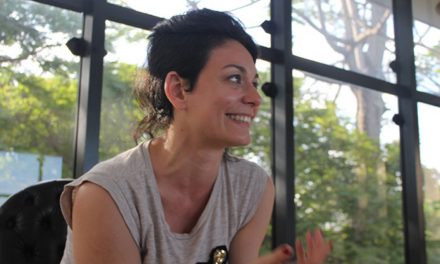In 2005, Kathy Bero was diagnosed with inflammatory breast cancer and given about 21 months to live. At the time she was 41 years old, had two young daughters and wasn’t ready to die so she went the traditional route with surgery, chemo, and radiation. But the disease came back.
She said, “Eleven months after my first diagnosis, I was diagnosed with a high-grade tumor in my head and neck. My kidneys were failing; my liver was failing. My lungs were damaged. My heart was damaged. I told my oncologist that I’m done with that protocol because one way or another, I’m going to die. And I don’t want to go that way.”1
RELATED STORY:
And so, thanks to a suggestion from a friend, she took a different route: anti-angiogenic foods. “It isn’t really about eating healthy. It’s about eating specific foods that fight disease,” she said. 2 And now researchers at Harvard University are going to study her path to see if it can help others. (HINT: Yes, it can.)
What anti-angiogenic foods do is block the creation of blood vessels, effectually stopping the spread of cancer…it’s like cutting off cancer’s growth supply line. Examples of anti-angiogenic foods are organic vegetables like purple potatoes, carrots, leeks, berries, walnuts, green tea, herbs, and especially garlic. For Bero, garlic is a favorite, “When a recipe calls for two cloves, I’m probably going to put in six because garlic is a really strong cancer fighter.” 3
RELATED STORY:
Bero believes that her diet and a combination of Reiki, meditation, and visualization worked. And today, more than 12 years after her first diagnosis she’s cancer-free and works as a cancer coach.
As she continued to get better, her doctors continued to be baffled. So much so, that the word started getting out and now researchers at Harvard have decided to study her and other people who’ve had “exceptional” outcomes using diet to fight disease.
Bero said,
“It’s exciting. I’m now validated. I’m no longer the ‘crazy cancer patient.’ There’s a real science that is going to be there. They’re looking at our genetics and the genetics of the tumor. What the outliers did; their attitude, environment, faith, social support. What they’re trying to do is create a database of all these different things and look for the commonalities between these people.”4
RELATED STORY:
Dr. Isaac Kohane, the lead Harvard researcher, said the study will take some time to complete given that the outcomes are so rare (because doctors keep prescribing slash and burn) but we will update you whenever new information becomes available.



